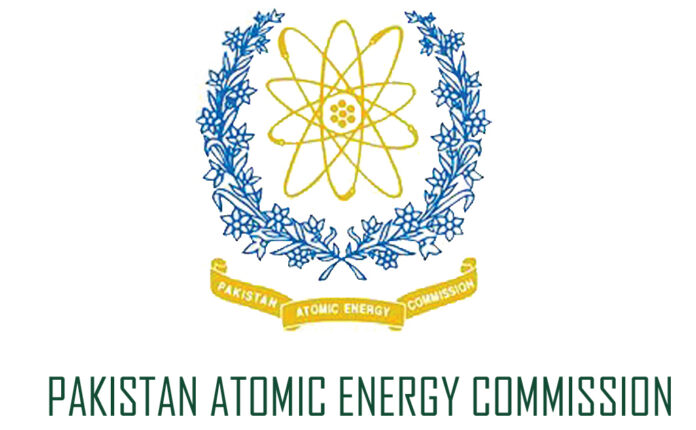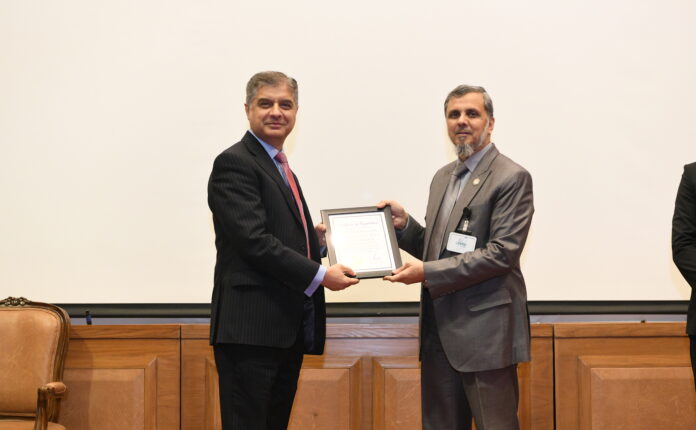According to the National Health Department, the country may face an increase in heat-related illnesses and deaths due to severe heat waves. According to the advisory issued by the National Health Department, Pakistan is facing severe climatic changes due to global warming. Every year, the risks and effects of heat waves are increasing.
Severe heat waves are currently ongoing in many parts of the country, and warnings are also being issued regarding heatwaves. During heatwaves, a person can suffer from heat stroke, but there is no need to panic as heat stroke can be prevented by taking simple precautions.
A body temperature of more than 40.6 degrees Celsius can be considered heat stroke, but studies have shown that heat stroke can be prevented by adopting simple precautionary measures.
Early diagnosis of heat stroke and any reduction in body temperature can reduce the chances of death. According to experts, children, elderly people, athletes, and outdoor workers are at higher risk of heat stroke.
Generally, heat stroke victims experience profuse sweating or severe red or dry skin due to extreme heat, but they do not sweat. In addition, weakness, fatigue, headache, dizziness, and blurred vision are symptoms of heat stroke.
How to prevent heat stroke?
Avoid going outside during the hottest days, and avoid vigorous activity and exercise if possible to prevent heat stroke.
Direct exposure to sunlight should be minimized and drinking plenty of water can also reduce the risk of heat stroke. Also, try to stay in the shade when you go out.
Healthy people should avoid caffeinated drinks and sweets or tea, as they can increase dehydration.
In hot weather, eating salty foods and using an umbrella, covering the head, wearing light-colored clothing, and bathing can also help.







